Did you know that Uganda is home to over 56 distinct ethnic groups, each with its own language, tradition, and vibrant cultural practices? This East African gem is more than just the “Pearl of Africa”—it’s a living mosaic of ancient heritage, innovation, spectacular landscapes, and a warm, welcoming spirit. Whether you’re dreaming of immersive Batwa cultural adventures, lively musical festivals, or a unique gorilla trek woven into colorful village life, this guide will unlock the full richness of authentic cultural experiences in Uganda. Prepare for an unforgettable journey into the heart of Africa’s diverse cultural safari.
Discover Cultural Experiences in Uganda: Insights Behind the Statistics
“Did you know that Uganda is home to over 56 distinct ethnic groups, each with its own language, tradition, and vibrant cultural practices?”
- Diverse cultural heritage : Uganda is East Africa’s true cultural treasure, where over fifty-six ethnicities connect through festivals, rituals, and day-to-day life.
- The country’s rich culture fuels its reputation as the “Pearl of Africa,” celebrated for its cultural activities ranging from traditional dance to legendary storytelling traditions.
- The interplay of languages and traditions offers a unique lens into what makes a cultural tour here unlike anywhere else on the continent.
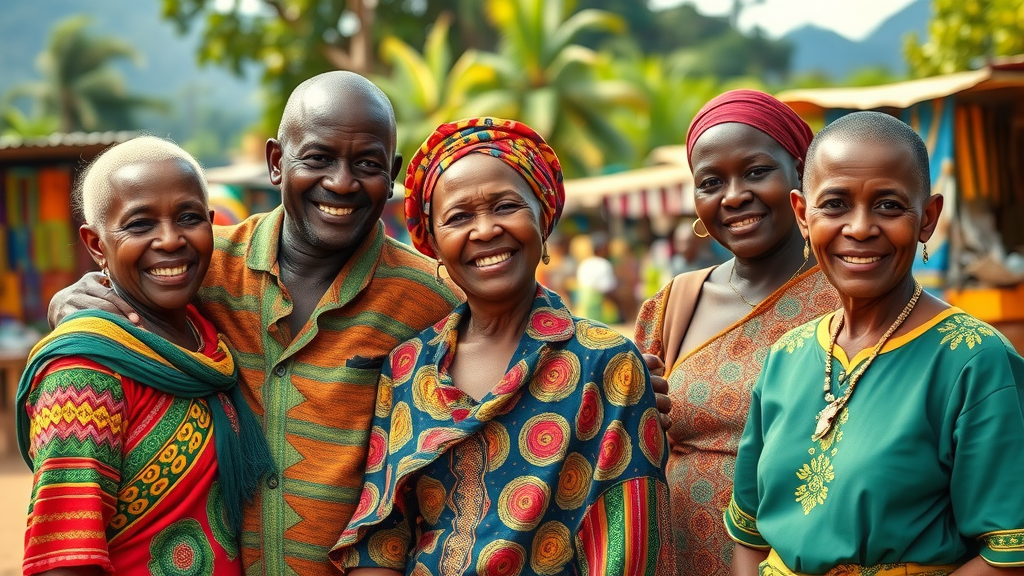
Enrich Your Journey: What You’ll Learn About Cultural Experiences in Uganda
- How to experience immersive Batwa cultural encounters and traditional musical performances
- Why a cultural safari in Uganda unlocks unique village tours and culinary delights
- Essential tips for planning a responsible cultural tour and engaging in local activities
- Insider insights about gorilla trekking, village homestays, and interacting with the Batwa people
Essential Highlights of Cultural Experiences in Uganda
Unveiling the Richness of the Batwa Cultural Safari
- Explore the legendary Batwa trail and discover the origins of Uganda’s ancient forest dwellers.
- Engage in storytelling, hunting demonstrations, and traditional music.
- Practical example: Join a Batwa guide for a walk through Bwindi Impenetrable National Park.
Uganda’s signature Batwa cultural safari offers visitors an extraordinary immersion into the lives of one of Africa’s oldest indigenous communities. The renowned Batwa trail —found near Bwindi Impenetrable National Park—guides travelers through thick forest paths that once formed the Batwa people’s ancestral home. Along the way, the Batwa elders and youth share thrilling stories of survival, their spiritual connection to the “impenetrable forest,” and showcase traditional hunting and gathering practices that have sustained them for generations. This journey isn’t just a walk through the woods—it is a transformative cultural experience rooted in respect, insight, and meaningful interaction.
Beyond the forest, Batwa encounters include vibrant demonstrations of song, dance, and the intricate making of herbal medicines. During these encounters, travelers are immersed in the infectious rhythms of Batwa drums and dances—a true highlight of many cultural safaris . Villages near Bwindi and Mgahinga have opened their hearts and homes to visitors, allowing you to participate in cooking, basket weaving, or even learning a phrase or two in the Batwa language. Each shared moment strengthens the continuity of Batwa heritage while ensuring that your visit directly supports the community’s future.
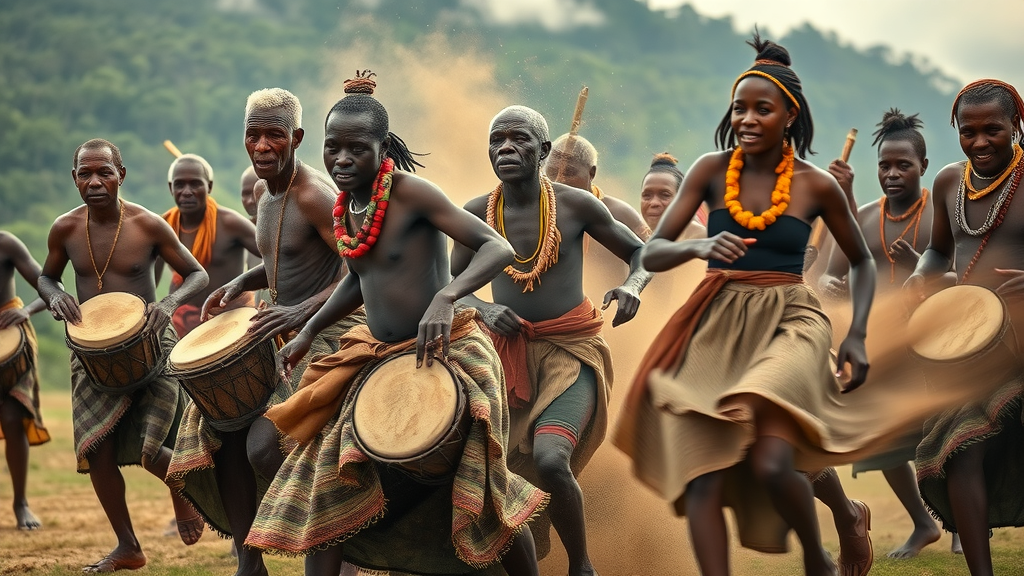
Bwindi Impenetrable National Park: A Hub for Cultural and Gorilla Trekking Experiences
- Understand the symbiosis between gorilla trekking and cultural immersion.
- Encounters with Bwindi’s emerging eco-conscious Batwa communities.
- Case Study: How the impenetrable forest’s conservation supports local cultural heritage.
No visit to Uganda’s Bwindi Impenetrable National Park is complete without exploring its unique blend of gorilla trekking and cultural activities . As you set out on a gorilla trek to observe the endangered mountain gorillas, you’ll discover that the impenetrable forest is also a vibrant tapestry of Batwa and Bakiga cultural traditions. Interactions with Batwa guides, who once lived harmoniously with the gorillas, add a layer of depth and authenticity to your encounter.
The new model of eco-conscious tourism in Bwindi ensures that proceeds from both gorilla trekking and cultural tours fund local health clinics, schools, and conservation projects. Participating in a Batwa trail or community walk gives you firsthand insight into how conservation and culture are intertwined. You’ll leave with a greater appreciation of Uganda’s efforts to preserve both its wildlife and its diverse cultural heritage , supported by stories, music, and warm hospitality.
Experience the Batwa Cultural Trail in Bwindi: Storytelling and Song
Your Guide to Unforgettable Cultural Activities in Uganda
Top-Rated Cultural Safari Activities
- Batwa trail immersive tours
- Village homestays and artisanal workshops
- East African culinary experiences in rural communities
- Guided community walks and agricultural involvement
Beyond Uganda’s iconic cultural safaris , the country beckons with an impressive array of hands-on and participatory cultural activities . These range from immersive Batwa trail adventures and lively homestays in rural villages to hands-on workshops with master craftswomen and traditional chefs. Engaging directly with residents—be it weaving, drumming, or assisting with crop harvest—offers genuine connection and insight that transcend ordinary travel experiences. Culinary exploration is a delightful highlight, allowing visitors to sample matoke, Luwombo, and the robust flavors unique to East Africa .
What sets Uganda apart is the opportunity to dive deep into day-to-day rural living. Guided by warm hosts, you might learn how to plant yams, practice the powerful Baganda drumbeat, or participate in an intergenerational dance circle under the stars. These moments anchor the true meaning of a cultural experience in Uganda: shared stories, mutual curiosity, and a sense of belonging that persists long after the journey ends.
| Activity | Location | Unique Value |
|---|---|---|
| Batwa Trail Safari | Bwindi Impenetrable National Park | Intimate access to ancient Batwa traditions and storytelling |
| Village Homestay | Western Uganda, Queen Elizabeth NP | Live, cook, and work alongside local families |
| Nyege Nyege Festival | Jinja (Victoria Nile riverside) | East Africa’s largest fusion of music, dance, and modern arts |
| Ik People Cultural Visit | Mount Morungole, Northern Uganda | Rare chance for participatory ceremonies and mountainous traditions |
| Bark Cloth Making Workshop | Central Uganda (Buganda) | Learn UNESCO-listed bark cloth craft from local artisans |
In-Depth Look: Uganda’s Iconic Cultural Festivals
- The Nyege Nyege Festival : Fusion of music, dance, and East African identity
- Imbalu Circumcision Ceremony: A ritual of cultural transition
- Practical Insights: Attend local events for a truly immersive cultural experience
Uganda’s festival calendar is a riot of color, music, and age-old traditions. The Nyege Nyege Festival draws thousands to its riverside venue in Jinja, where performers from across East Africa and beyond unite for four days and nights of dance, storytelling, and cross-cultural fusion. Not just an event for revelers, Nyege Nyege also celebrates Uganda’s youthful spirit and historic musical heritage, making it a bucket-list highlight of any cultural tour .
By contrast, the revered Imbalu circumcision ceremony in eastern Uganda offers a potent display of ancestral continuity and social identity. Recognized by UNESCO, this coming-of-age celebration is integral to the Bagisu people—featuring parades, music, and dramatic rites of passage. Local events and seasonal markets, from Kampala’s contemporary art expos to rural harvest festivals, also provide invaluable opportunities for immersion. For the adventurous visitor, attending these festivals is a chance to witness living traditions and form unforgettable bonds with the communities you meet.
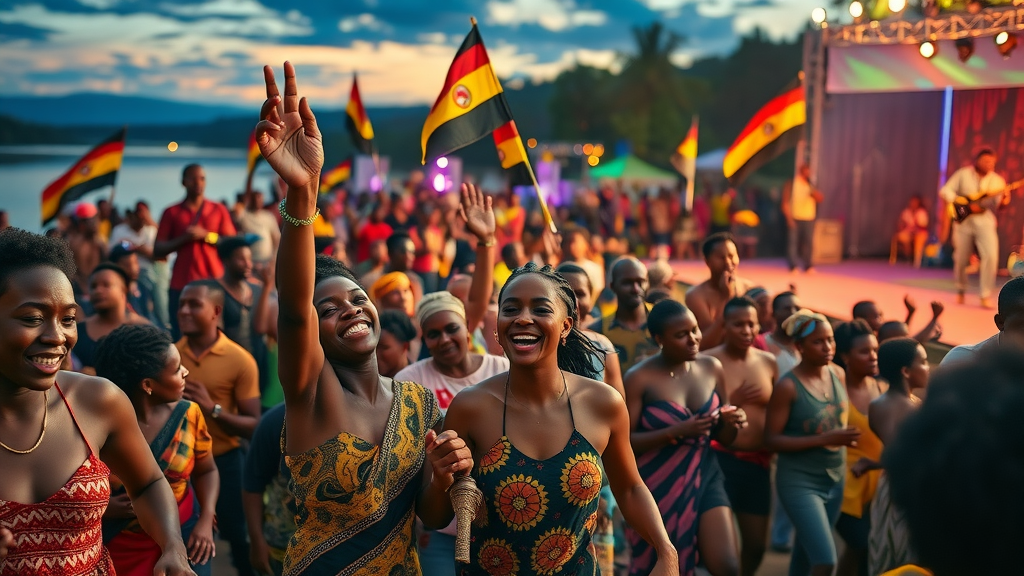
Cultural Tours in Uganda: Regional Insights
Northern Uganda: Meet the Ik People and Their Cultural Heritage
- Remote tribal encounters and the daily life of the Ik people
- Interactive local ceremonies and traditional crafts
The far-flung reaches of northern Uganda provide an exclusive window into the world of the Ik people , one of East Africa’s most isolated and intriguing communities. Nestled along the rugged slopes of Mount Morungole, the Ik maintain a way of life that is deeply interconnected with nature and tradition. A visit to an Ik village is a breathtaking cultural tour , filled with opportunities to participate in ceremonial gatherings, basket weaving, and the preparation of ancient herbal remedies. Guided by elders, guests are encouraged to observe, learn, and even join in celebratory dances that have echoed through the hills for centuries.
What makes an Ik cultural experience truly rare is the sense of intimacy and exclusivity—these are not staged performances, but genuine invitations into people’s everyday realities. You’re likely to witness community members engaged in intricate basketry, farming, or storytelling around the fire, with the golden sunset and mountains serving as a dramatic backdrop. Such experiences not only broaden your understanding of Uganda’s diverse cultural footprint but also create lasting memories, reinforcing the role of participatory travel in preserving indigenous knowledge and ways of life.
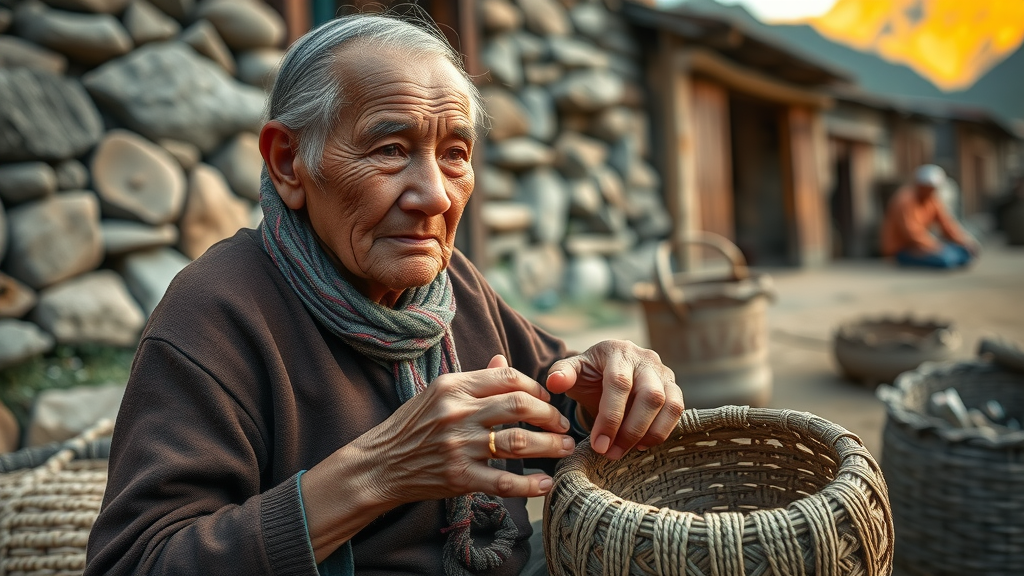
Western Uganda: From Batwa People to Queen Elizabeth National Park
- Bwindi Impenetrable National Park’s Batwa integration programs
- Cultural tours around Queen Elizabeth National Park
Western Uganda is a crossroads of environmental majesty and profound cultural heritage . Here, integrated experiences connect you with both the Batwa people and initiatives around Queen Elizabeth National Park . Uganda’s Western highlands have long been the homeland for communities who coexisted peacefully with wildlife, and new programs encourage meaningful visitor engagement—whether it’s through crafts cooperatives, music workshops, or guided nature walks led by Batwa leaders.
Nearby, the regions around Queen Elizabeth National Park further enrich the cultural safari experience, offering rural homestays, cooking lessons, and local market visits. These activities deepen the guest’s appreciation of both the park’s ecological wealth and the traditions of Western Ugandan communities, making for a holistic exploration of Uganda’s most treasured places. Each encounter is a step toward fostering economic opportunity, sustaining community development , and preserving the voices of elders and youth alike.
The Role of National Parks in Uganda’s Cultural Experience
Beyond Wildlife: How Impenetrable National Parks Promote Cultural Activities
- Partnerships with indigenous groups
- Combining gorilla trek experiences with cultural insights
Uganda’s national parks are not only biodiversity hotspots but also catalysts for rich cultural activities . Impenetrable reserves like Bwindi and Mgahinga have pioneered collaborative models that ensure indigenous voices are central to the conservation process. Visitors can now seamlessly blend wildlife adventure—such as a mountain gorilla trek—with deep dives into Batwa and Bakiga customs, crafts, and oral traditions. These experiences break down barriers, fostering empathy and understanding across cultures.
When you embark on a cultural tour within a park context, you contribute directly to conservation and to the economic empowerment of local communities. The fees support heritage preservation, and the park’s rangers often double as cultural interpreters, sharing stories that bridge ecology and everyday life. Ultimately, these parks set a new standard for responsible, immersive travel in East Africa , inviting guests to become stewards of both nature and humanity.
Supporting Communities Through Cultural Experience and Responsible Tourism
“Responsible cultural tourism in Uganda not only preserves heritage but also empowers local communities, funding education, healthcare, and sustainable development.”
- Participatory tourism : Engage authentically with Batwa people and other communities
- Practical example: Community-run eco-lodges and handcraft markets
Responsible tourism lies at the core of authentic cultural experiences in Uganda . Participatory programs, such as Batwa-run eco-lodges, local guides, and handcraft collectives, ensure that your travel is both enriching and impactful. These initiatives help communities maintain autonomy over their heritage, protect their natural resources, and fund critical services like schools and clinics. As a traveler, every dollar you spend is an investment in the communities who so generously share their stories.
Engagement goes beyond observation: travelers stay in eco-friendly lodges powered by solar energy, join in with farming, or learn to craft traditional beads. By choosing to support community-based tourism ventures, you play an active role in sustaining Uganda’s living cultures—and in rewarding those who care for this precious legacy. The impact of your visit can be felt long after you leave, helping secure a brighter future for the custodians of Uganda’s cultural heritage .
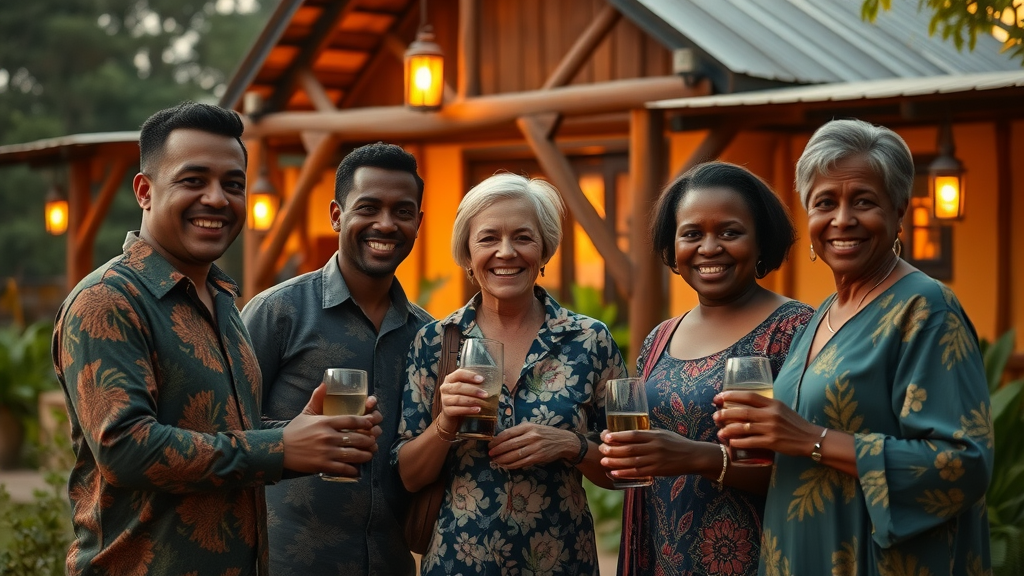
People Also Ask: Cultural Experiences in Uganda
What are some examples of cultural practices in Uganda?
- Examples include the Baganda royal drumbeat, Kwanjula marriage ceremonies, Batwa hunting traditions, and vibrant local dances.
Uganda’s cultural practices are as diverse as its landscape. From the regal Baganda drum ensembles to the colorful Kwanjula marriage ceremony—a traditional introduction full of music and symbolic gifts—the nation’s rituals anchor everyday life. The Batwa people still practice age-old hunting techniques and gather forest plants, just as their ancestors did for millennia. Festivals, storytelling, and community dances help to pass down this legacy, ensuring each cultural experience is deeply rooted in history.
What are 5 interesting facts about Uganda culture?
- Over 40 languages are spoken in Uganda
- The Imbalu ritual is recognized by UNESCO
- Ugandans are renowned for their hospitality
- The Batwa were among Africa’s last surviving forest hunter-gatherers
- Traditional music and dance play central roles in ceremonies
Uganda stands out for its remarkable linguistic diversity, boasting more than 40 languages spoken nationwide. The Imbalu ritual among the Bagisu is a globally recognized rite of passage, demonstrating Uganda’s pride in ancestral custom. Visitors quickly learn that Ugandan hospitality is legendary—guests are often greeted with warmth, food, and storytelling. The resilient Batwa community remains a touchstone of forest wisdom, while throughout the country, traditional music and dance transform any gathering into a celebration of life and community.
What major historical event happened in Uganda?
- Uganda’s independence in 1962 marked a turning point, ushering in new cultural self-expression and reawakening ancestral pride.
Uganda’s history is defined by dramatic contrasts and the triumph of resilience. Gaining independence from colonial rule in 1962, the country experienced a blossoming of cultural self-expression and new appreciation for cultural heritage . Today, this spirit of renewal is reflected in city festivals, art, music, and the commitment to honoring time-honored traditions while embracing innovation.
What is an example of a cultural festival in Uganda?
- The Nyege Nyege Festival is a major event, uniting local and international artists to celebrate Uganda’s musical and cultural diversity.
The Nyege Nyege Festival highlights the vitality and innovation at the heart of Uganda’s cultural experience . Held annually on the Victoria Nile riverbanks in Jinja, the festival gathers musicians, dancers, poets, and artists from Uganda, across East Africa , and the world. It offers a powerful showcase of the country’s creative pulse, blending age-old rhythms with bold new sounds, and creating bridges between cultures within and beyond Uganda.
Planning Your Own Cultural Experience in Uganda
- Research reputable cultural tour operators for immersive Batwa cultural and gorilla trekking packages
- Respect traditions and obtain consent for photography
- Choose eco-friendly accommodations and support community enterprises
“Every meaningful cultural experience in Uganda begins with curiosity, respect, and a willingness to listen and learn.”
- Dress modestly and participate actively where appropriate
- Learn basic greetings in local languages
- Embrace Ugandan hospitality—accept invitations with gratitude
To ensure your adventure into Uganda’s cultural landscape is purposeful and respectful, start by booking through established cultural tour operatives that have clear ethical commitments. Seek eco-friendly or community-run accommodations, which not only minimize environmental impact but maximize benefits for local people. Always ask permission before taking photos, and make an effort to dress appropriately so as to honor local customs.
A few words in the local dialect will endear you to hosts and open doors to deeper exchanges. Whether you’re joining a Batwa-led forest trek, sharing a meal in a village home, or participating in a high-spirited festival, your willingness to engage, listen, and learn will guarantee lasting friendships and a more profound cultural experience .
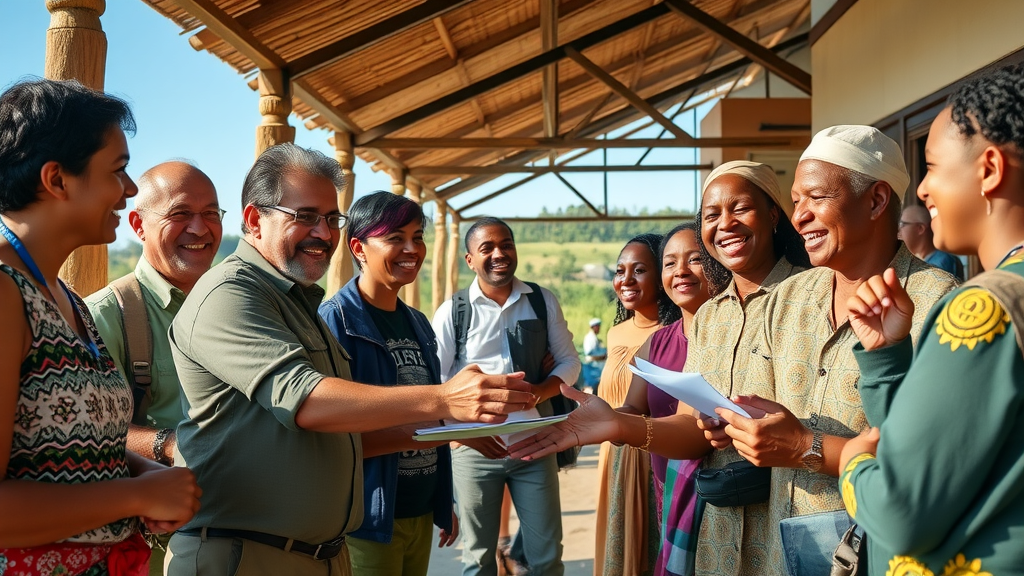
FAQs: Your Top Questions on Cultural Activities and Tours in Uganda
- What is the best season to visit for cultural tours in Uganda?
The best time for cultural visits is during the two dry seasons: December to February and June to September. These months offer comfortable temperatures, clear trails, and plenty of vibrant festivals in both rural and urban communities, making it easier to participate in outdoor cultural activities and festivals.
- Are there family-friendly cultural experiences?
Absolutely. Many cultural tours , village homestays, music workshops, and even certain Batwa trail experiences are suitable for families and children. These hands-on activities are a powerful opportunity for young travelers to learn about respect, diversity, and the power of storytelling in everyday life.
- How can I ensure my visit benefits local communities?
Choose tours and accommodations operated or co-owned by local people. Purchase crafts from community markets, tip your guides fairly, and participate in activities that directly support local businesses. Most importantly, be respectful, learn from your hosts, and share your experiences to help raise global awareness about Uganda’s rich cultural heritage .
Key Reasons to Seek Out Cultural Experiences in Uganda
- Direct engagement with Batwa people and other indigenous groups
- First-hand insight into traditional practices and modern innovations
- Personal stories making every cultural safari memorable
Choosing a cultural experience in Uganda transforms your trip into a journey of discovery—connecting you with living traditions, wisdom of elders, and innovation from Uganda’s youth. Each moment spent with local communities, be it through a batwa trail trek, a family homestay, or a festival, enriches your understanding of the country and leaves a positive impact on those you meet.
Reflect, Connect, and Take the First Step into the World of Cultural Experiences in Uganda
- Begin planning your unforgettable trip today—reach out to trusted local guides and cultural tour operators.
- Every authentic cultural experience in Uganda is a step in preserving Africa’s living heritage. Make yours count!
Take action: Start your journey now and help preserve the vibrant heritage of Uganda by supporting responsible tourism, engaging genuinely, and sharing the stories you learn along the way.
Uganda’s rich cultural tapestry offers travelers a multitude of authentic experiences that delve deep into the nation’s traditions and heritage. For instance, the Batwa Cultural Experience in Bwindi Impenetrable National Park provides an immersive journey into the lives of the Batwa people, showcasing their traditional hunting methods, storytelling, and vibrant dances. ( mundaafrica.com ) Similarly, the Bigodi Village and Wetland Walk near Kibale National Park allows visitors to engage with the Batoro community, participate in local crafts, and savor traditional meals, all while exploring the region’s rich biodiversity. ( tulambule.com ) If you’re eager to connect with Uganda’s diverse cultures, these experiences offer profound insights and memorable interactions.



